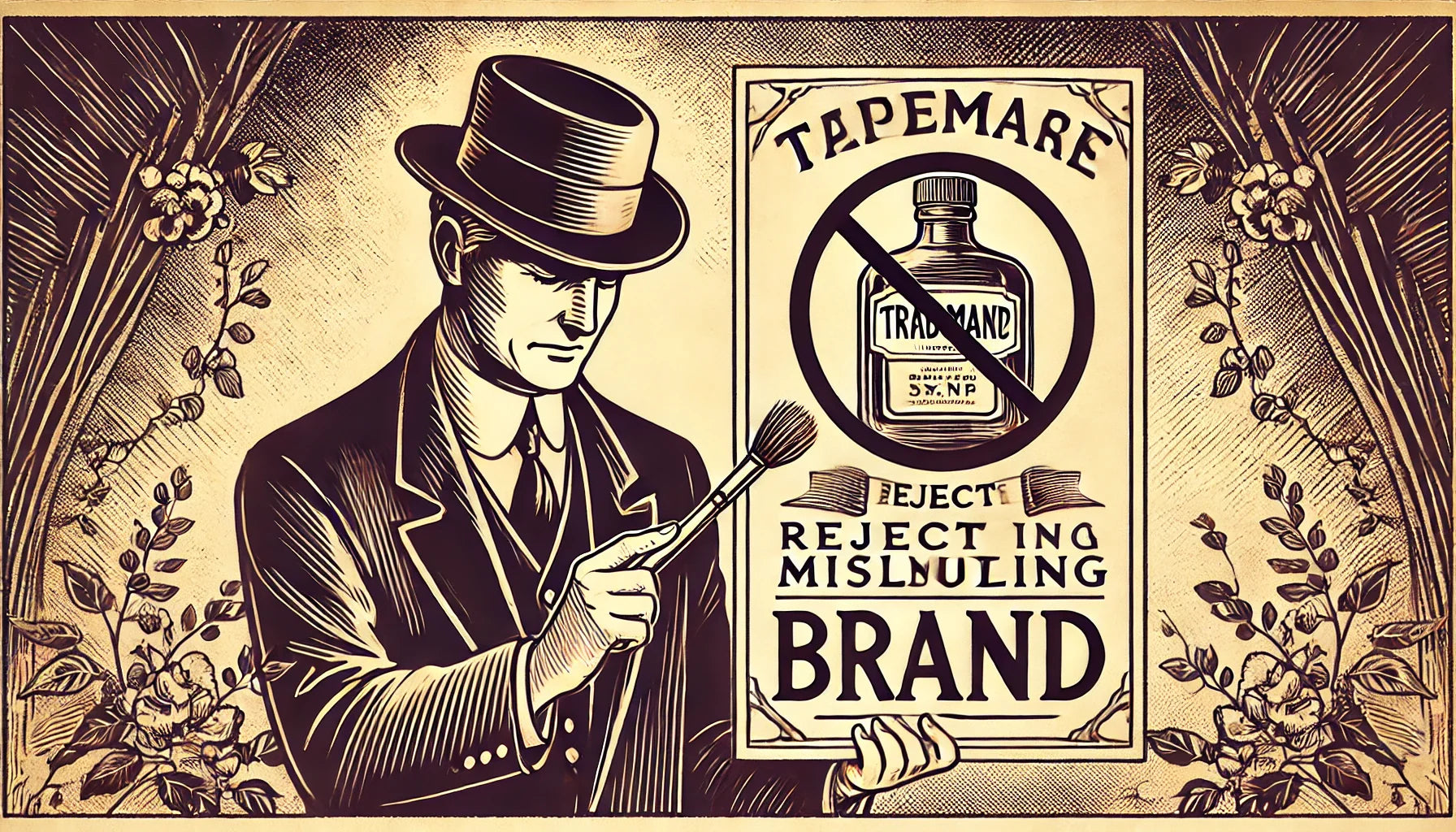|
A patent reflects the countless hours and significant investment the inventor has placed into their invention. Given the tremendous value of patents in granting the owner the right to exclude others from making or using the invention, an inventor may wonder whether they can sell their patent? In short, just like other forms of intellectual property, a patent can be bought and sold.
Inventors often have many reasons for deciding to sell their patent. One of the most common reasons is that inventors do not have the capacity or ability to bring their product to market. In fact, around "97% of all patents never recoup the cost of filing them" (1). Therefore, many inventors may seek to sell their patent to a third party to recoup the costs associated with the patent application process.
One of the most significant cons of selling a patent is that the inventor loses all rights to their intellectual property since those rights transfer to a third party. This means that the inventor is not entitled to any financial benefits associated with bringing the product to market, even if the profits generated far exceed the sale price of the patent.
Perhaps the most common means by which inventors can sell their patent is through a patent broker. "A patent broker represents patent owners in the sale, licensing or other monetization of their patents." (2). A patent broker serves almost as a matchmaker, trying to pair inventors who are trying to sell their patent with buyers (often companies) who wish to buy their patent. One reason inventors use patent brokers instead of selling directly to buyers is that a broker has a strong financial incentive to sell the patent for the highest amount possible, as they receive a portion of the patent's sale price.
In addition to selling a patent outright, one option that many inventors opt for is licensing. Licensing refers to an inventor "licensing the rights to make, use, or promote" their products. (3). The primary benefit of licensing one's patent, compared to selling, is that it allows the inventor to retain the rights associated with the patent and receive the benefits associated with the product being brought to market. The main drawback to licensing is that the inventor is not entitled to the full amount of profits generated from bringing the product to market since the party granted the license receives a portion of those benefits.
In summary, inventors must weigh the pros and cons associated with holding onto, selling, or licensing to determine what makes the most financial sense for their patent.
ReferencesIf you are a startup, small business, or a solo-inventor looking for a high quality & affordable patent or trademark, you've found the right place. Miller IP Law offers transparent and affordable options specifically designed for your business goals. Grab a strategy meeting to kick things off! |
 About the Firm... About the Firm... Miller IP Law is a firm that focuses on small businesses, startups, and entrepreneurs/solopreneurs. We’re easy to use. We offer affordable pricing that’s transparent and flat-rate. We focus on the little guys who actually need our help. If you’d like an attorney on your team, simply schedule a Zoom call, and we’ll take care of the rest. Top Blog Articles1. Cheapest Way To Get A Patent 2. How Long Does It Take To Get A Trademark?  Want to chat more about this topic, or got a burning question? Take advantage of instant chat and send us a direct message

Find Us On LinkedIn |
About Our Firm…
Miller IP Law is a group of attorney's, based out of Mountain Green, Utah, who are excited to help you build your business and further innovate market places and economies. Please consider looking at our services, billed at flat rate, and be sure to grab a free strategy session to meet with us!
Get weekly stories and information about protecting intellectual property with our e-mail Newsletter today!







